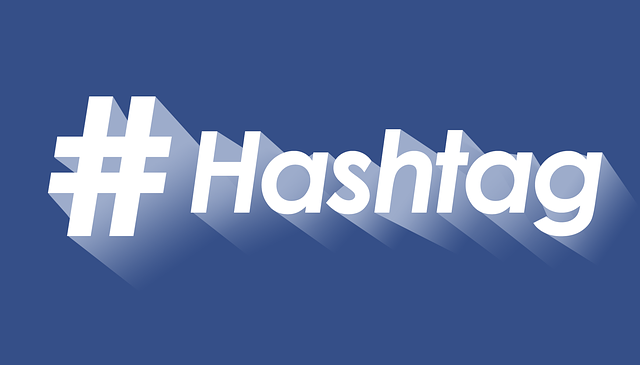
Image by GraphicsSC from Pixabay
The Proud Boys, self-described as “western chauvinists,” are widely regarded as an anti-Muslim, homophobic, far-right wing, white supremacist, vigilante group. They use the #ProudBoys hashtag to identify their tweets and other communications.
They were irate when gay men on Twitter recently took over the #ProudBoys hashtag by using it on a flood of images showing themselves with their spouses and other gay people. In effect, the LGBT community hijacked the #proudboys hashtag. They said it was to reclaim their pride.
Brand managers might wonder if their hashtags could similarly be hijacked by critics or competitors who use the branded hashtags for reasons other than their original purpose. Hashtags can be important, sometimes critical, to a company’s marketing and brand identity. Some organizations register hashtags as trademarks to prevent such scenarios. Trademark registrations of hashtags spiked in recent years as the popularity of Twitter and other social media networks exploded.
What Hashtags Can Be Trademarked?
You can’t patent or copyright hashtags. Patents are typically meant for inventions and copyrights for music, books or other creative works.
To be registered as trademarks, hashtags must meet certain requirements. US Patent and Trademark Office (USPTO) guidelines state that a hashtag can be registered as a trademark only if it “functions as an identifier of the source of the applicant’s goods or services,” explains Alex Sluzas, an intellectual property rights attorney at Paul and Paul.
Common, generic words or descriptive phrases can be used by everyone and cannot be trademarked. (Consult an attorney for advice on your own hashtags. This post is not a substitute for legal advice.)
Hashtags that have been trademarked include: #smilewithacoke and #cokecanpics (The Coca-Cola Company), #McDstories (McDonalds), and #makeitcount (Nike).
If someone uses the trademarked hashtag in way that creates confusion over the trademark owner, there may be grounds for trademark infringement. A competitor stealing your #companyname is one thing, but he law gives leeway for personal, non-commercial use of hashtags. It’s best to consult an attorney.
Should You Apply Trademark Hashtags?
But should you trademark hashtags? Small organizations should not bother, advises Dorien Morin-van Dam, a community and content manager at Social Media Pro. Large organizations like the NFL and International Olympic Committee trademark hashtags to control online conversations. Depending on their strategy, they may block, or try to block, others from mentioning their hashtags.
Stopping others from using your branded hashtags may seem to contradict the PR and social media marketing goal of increasing the brand’s reach. Stern legal demands telling others to delete posts with a hashtag may cause ill will.
“However, if you have the right tools and social support, you don’t need to ban anyone from using your hashtags; you can monitor the conversations yourself and be part of the conversations in real time,” states Morin-van Dam. That’s probably the most effective strategy.
Bottom Line: Organizations can apply to register their hashtags as trademarks. However, obtaining trademark registration and using the trademarks to prevent misuse may not be an effective PR, marketing or brand reputation strategy. Some social media marketing experts advise against trademarking hashtags and instead recommend social media listening to respond to hashtag use.
Schedule a Free Online Demo of the Glean.info Media Monitoring & Measurement Dashboard
William J. Comcowich founded and served as CEO of CyberAlert LLC, the predecessor of Glean.info. He is currently serving as Interim CEO and member of the Board of Directors. Glean.info provides customized media monitoring, media measurement and analytics solutions across all types of traditional and social media.




